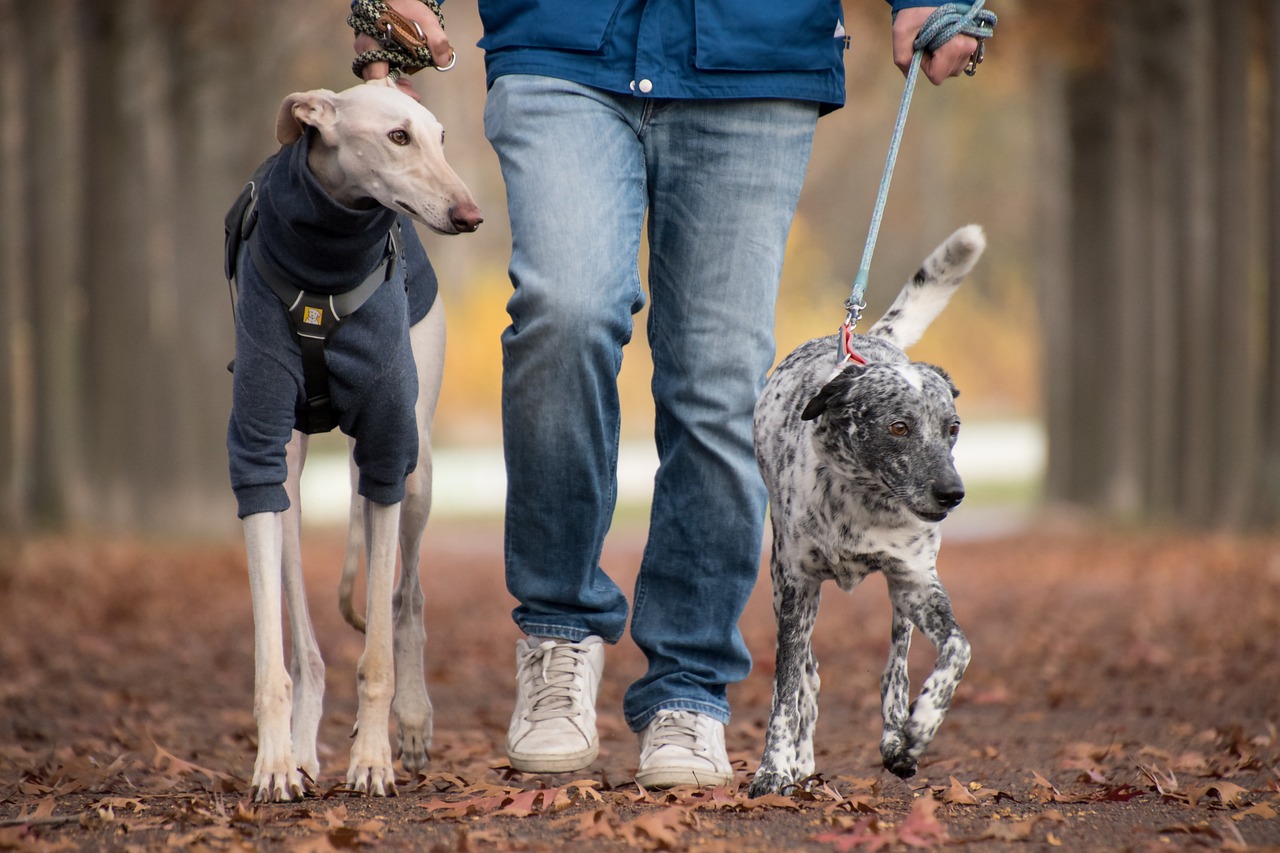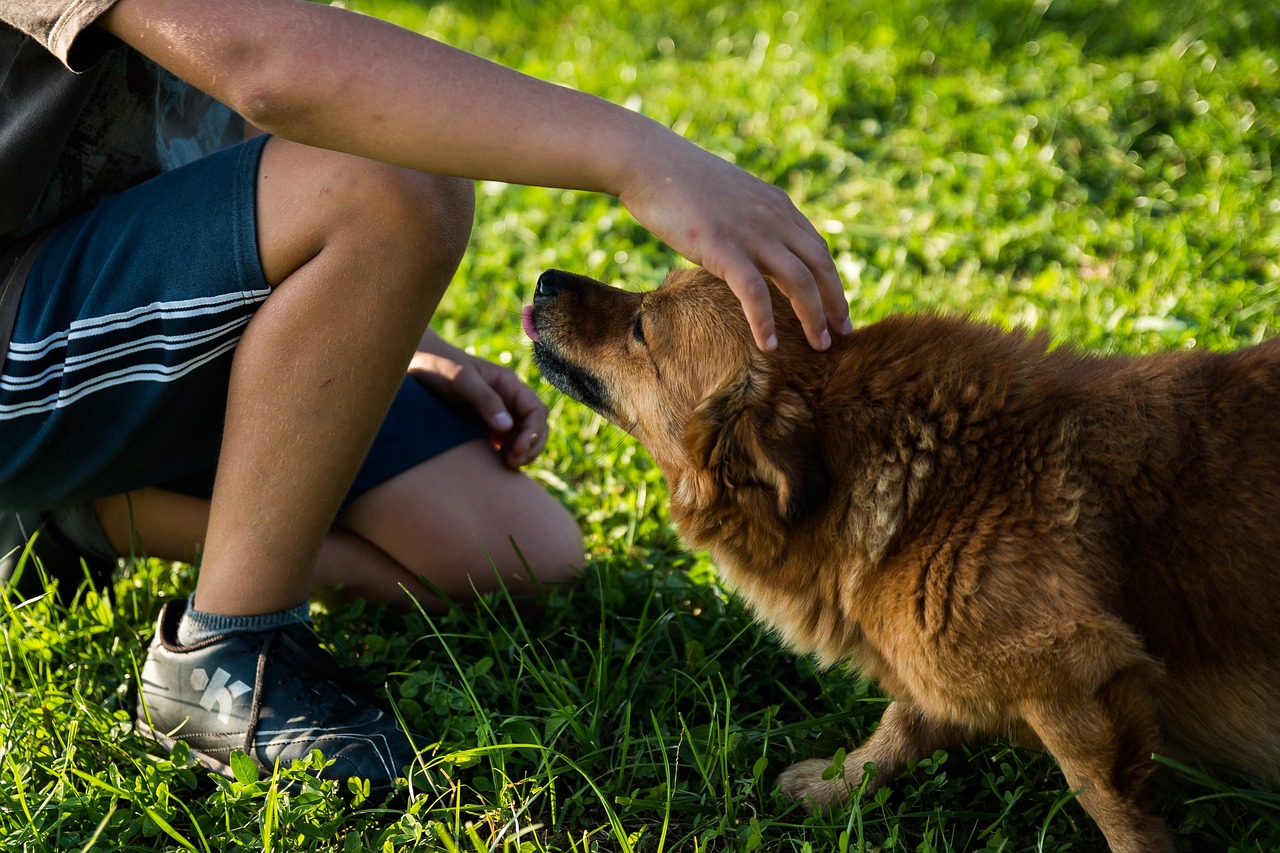
In recent years, there has been a significant shift in how we perceive and describe our relationships with dogs. Traditionally referred to as “dog owners,” many now argue that this term does not accurately reflect the deep emotional bond and mutual respect that characterizes the human-canine relationship. The term “owner” implies possession and control, somewhat diminishing the profound connection and responsibility involved in caring for a dog. Advocates suggest that terms like “dog guardian” or “dog parent” are more appropriate, as they emphasize care, guardianship, and emotional attachment, rather than ownership. This shift in language not only acknowledges the evolving role of dogs in our lives—from working animals to family members—but also promotes a more compassionate and responsible approach to their welfare. This article explores seven reasons why we should reconsider calling ourselves “dog owners,” highlighting why alternative terms might better capture the essence of our relationship with these beloved animals.

1. Emphasizes Responsibility Over Ownership
The term “guardian” inherently carries a sense of duty and responsibility, which aligns more closely with the ethical care of living beings than “owner” does. Unlike inanimate possessions that one owns, dogs have needs, feelings, and rights. As guardians, people are reminded that their role is to protect, nurture, and care for their dogs. This perspective encourages a deeper commitment to the dog’s well-being and health, fostering a more humane treatment and a better understanding of the animals’ needs.
2. Reflects the Emotional Bond
“Dog parent” better captures the emotional and nurturing bond that develops between humans and their dogs. This term reflects the love, concern, and affection that are typically associated with parenthood, rather than the more transactional implications of ownership. Using “dog parent” also highlights the family-like relationship many have with their dogs, acknowledging that these animals are not just pets but integral members of the family unit, deserving of love and respect.
3. Promotes Animal Rights
Shifting from “owner” to “guardian” aligns with broader animal rights movements that seek to recognize animals as sentient beings with rights, rather than as property. This linguistic change can help drive legal and societal recognition that dogs have their own needs and should not be treated as mere objects. This can lead to improved laws and protections for dogs, reflecting a society that values and upholds the rights of all living beings.
4. Encourages Ethical Breeding and Adoption Practices
Using terms like “guardian” or “parent” can influence perceptions and behaviors around breeding and adoption. It can encourage people to consider adopting from shelters and rescues, recognizing the role of a guardian in giving a home to a dog in need, rather than purchasing from breeders. This shift can also deter irresponsible breeding practices by emphasizing the dog’s welfare over commercial gain.
5. Reduces Abandonment and Neglect
Identifying as a guardian or parent might reduce cases of abandonment and neglect, as these terms imply a long-term, committed relationship. The language we use can shape our actions; thus, viewing oneself as a lifelong guardian or parent may encourage more responsible behavior towards dogs, ensuring they are part of the family for life and not just until they become inconvenient.
6. Enhances Public Perception of Dogs
Referring to oneself as a guardian or parent can also enhance the public’s perception of dogs, elevating their status in society. This can lead to better treatment of dogs in public spaces, more pet-friendly policies, and greater accommodations for dogs in social and urban environments. It reinforces the idea that dogs are sentient companions who deserve respect and consideration.
7. Reflects Modern Veterinary and Behavioral Research
Modern veterinary science and animal behavior research increasingly acknowledge dogs’ complex emotional and social needs. Calling ourselves guardians or parents rather than owners reflects this scientific understanding, promoting care that considers the psychological as well as the physical health of dogs. It encourages ongoing education and awareness about the best practices for canine care, welfare, and management.

The terms we use to describe our relationship with dogs matter, as they reflect and shape our attitudes and actions towards these animals. Moving away from the term “dog owner” to “dog guardian” or “dog parent” can foster a more ethical, respectful, and loving approach to the way we treat our canine companions. This linguistic shift is not just about political correctness; it’s about promoting a society that fully recognizes dogs as sentient beings deserving of respect and compassion.





